In the intricate dance of nature, beneficial insects play a vital role in maintaining the health and balance of garden ecosystems. By designing a flower garden specifically to attract and support these valuable allies, you can create a thriving and resilient environment that naturally controls pests, pollinates plants, and promotes overall garden health. In this guide, we’ll explore the art and science of designing a flower garden to attract beneficial insects, providing them with essential food, shelter, and habitat to thrive and flourish.
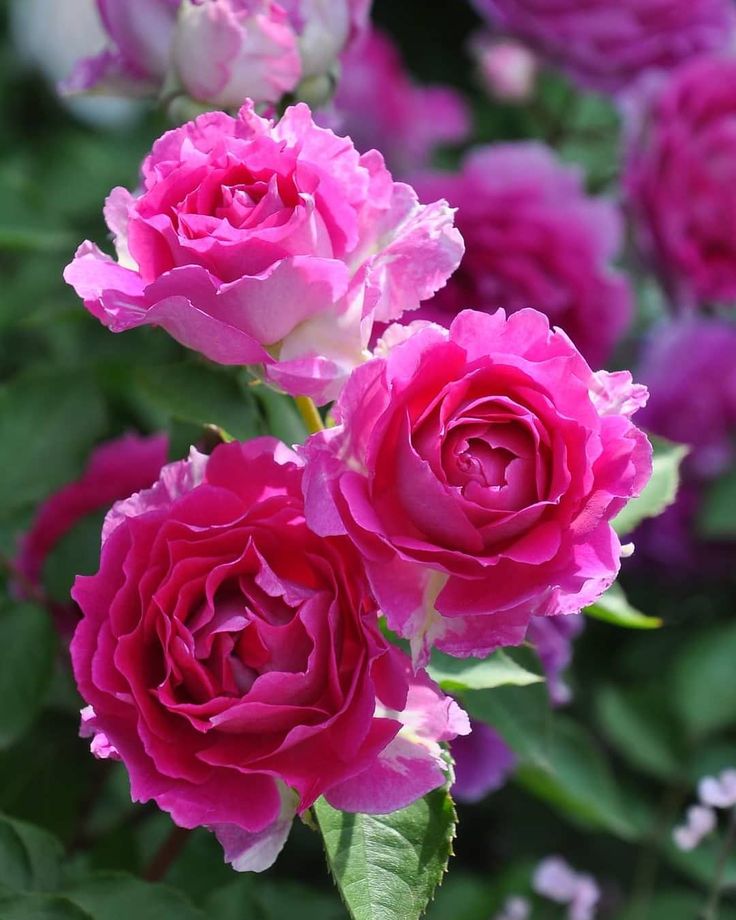
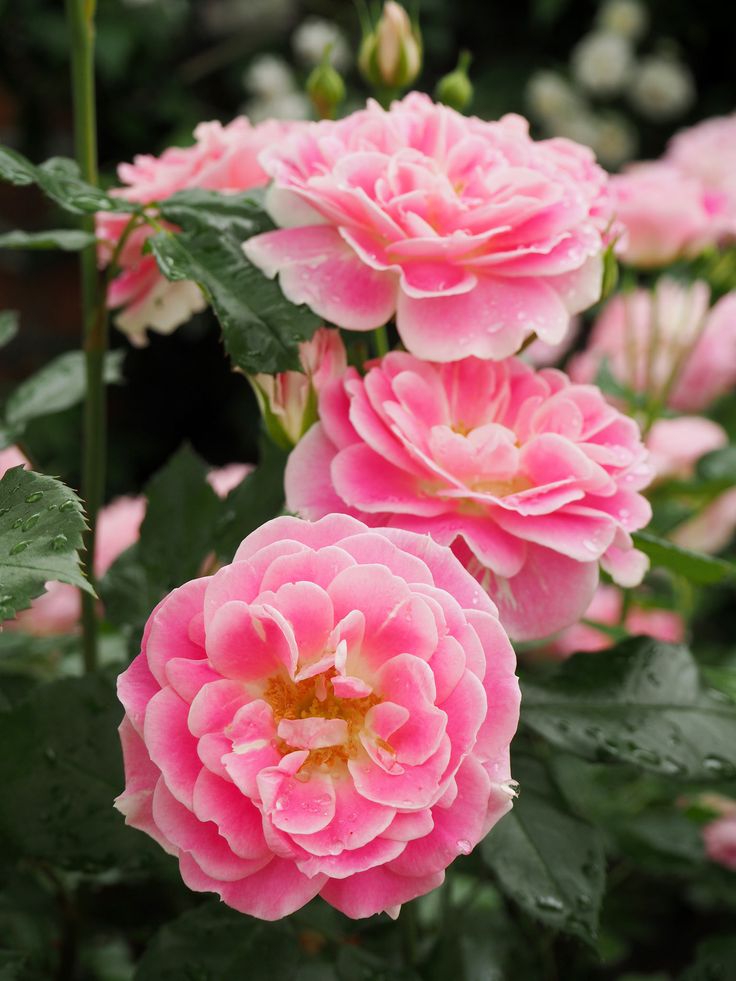
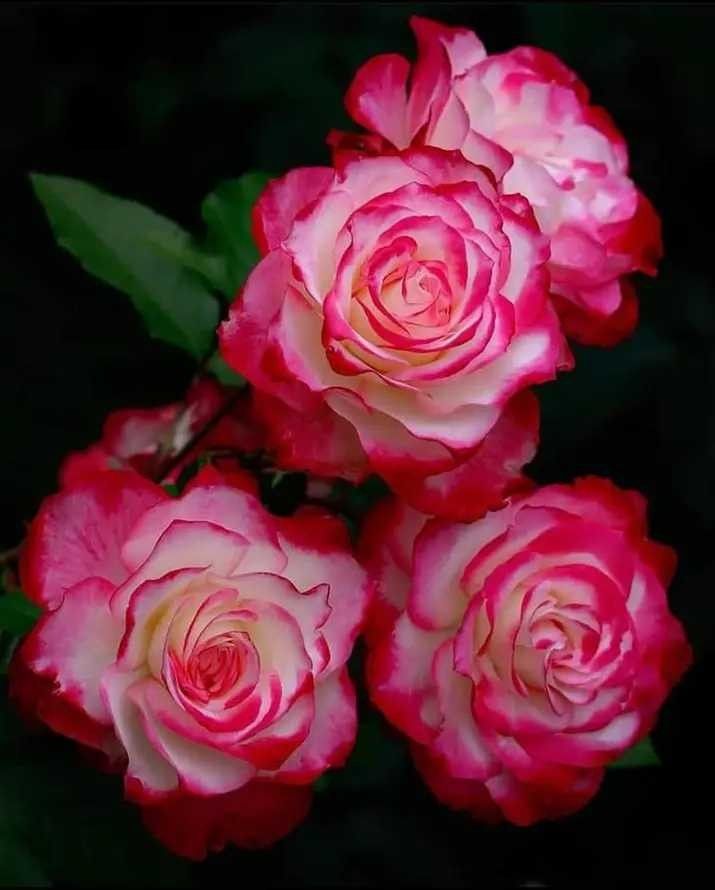
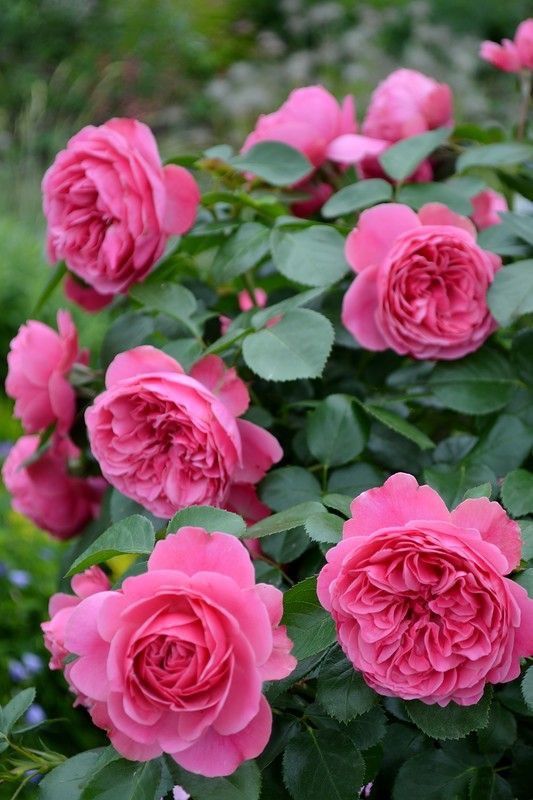
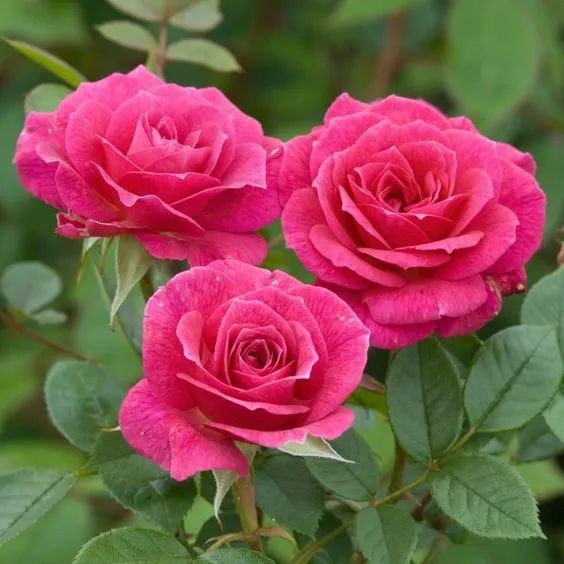
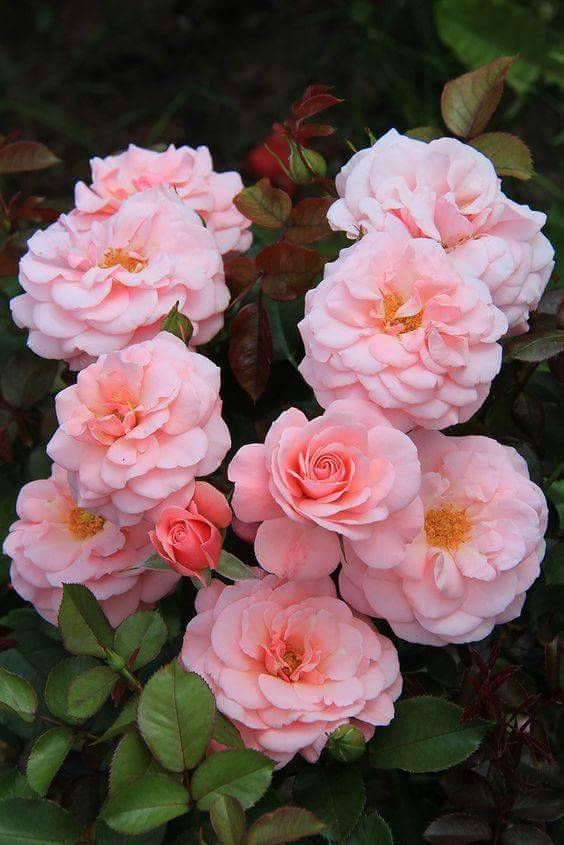
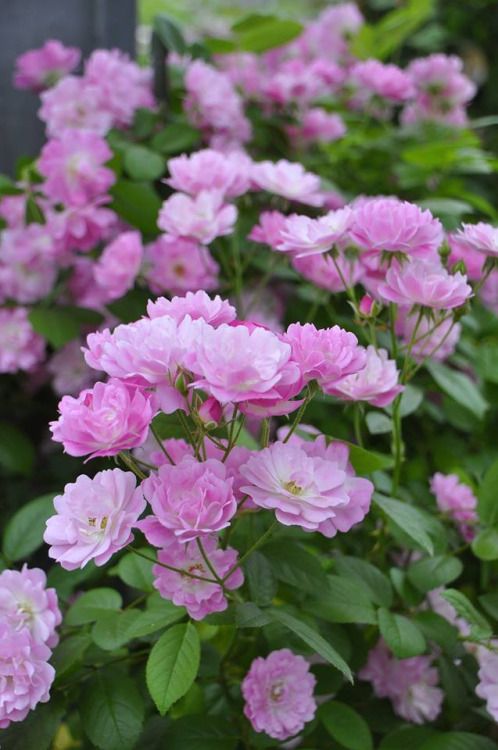
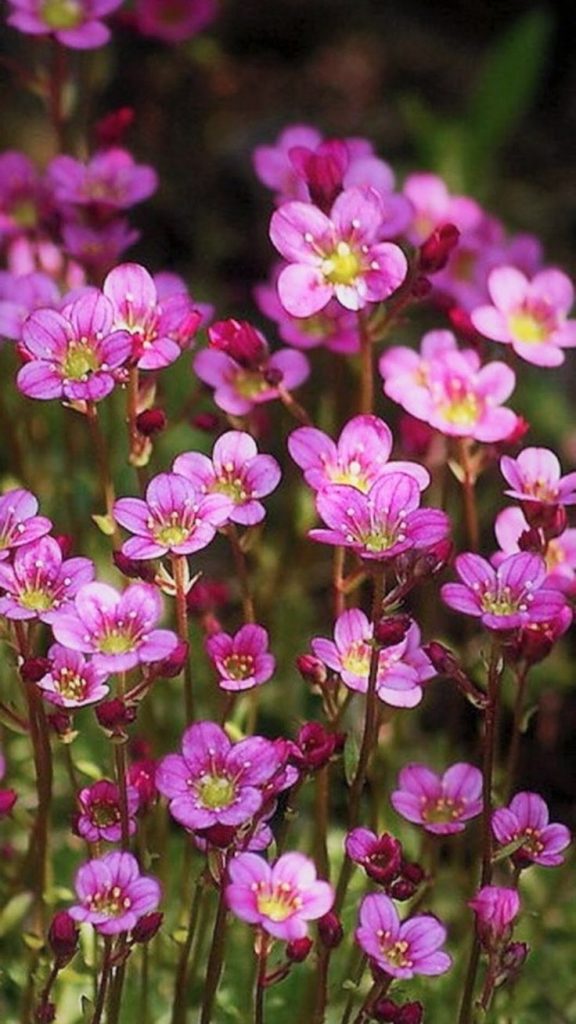
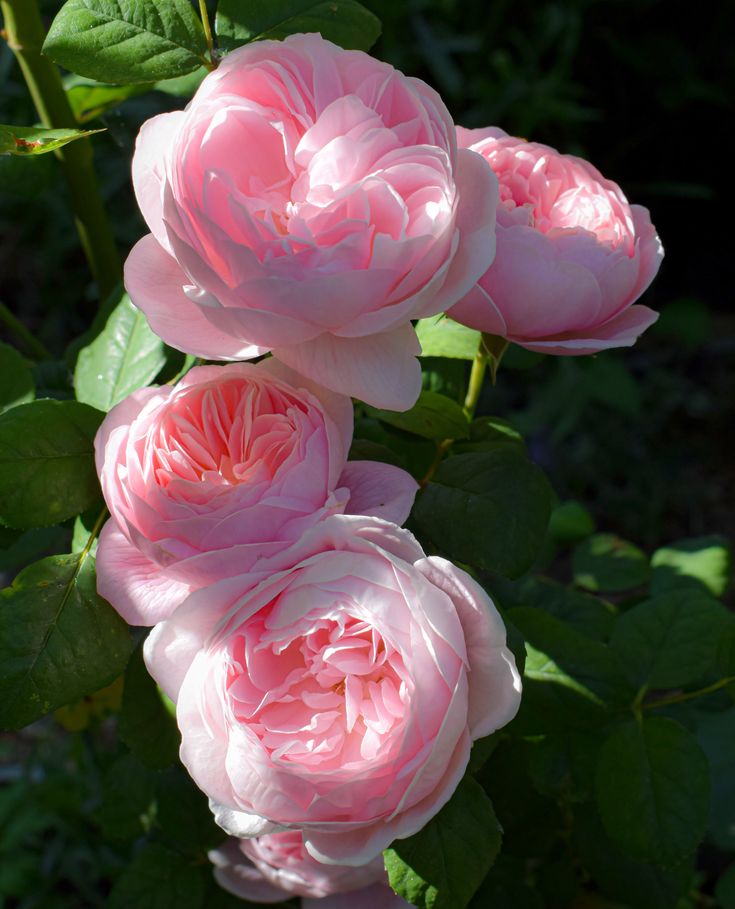
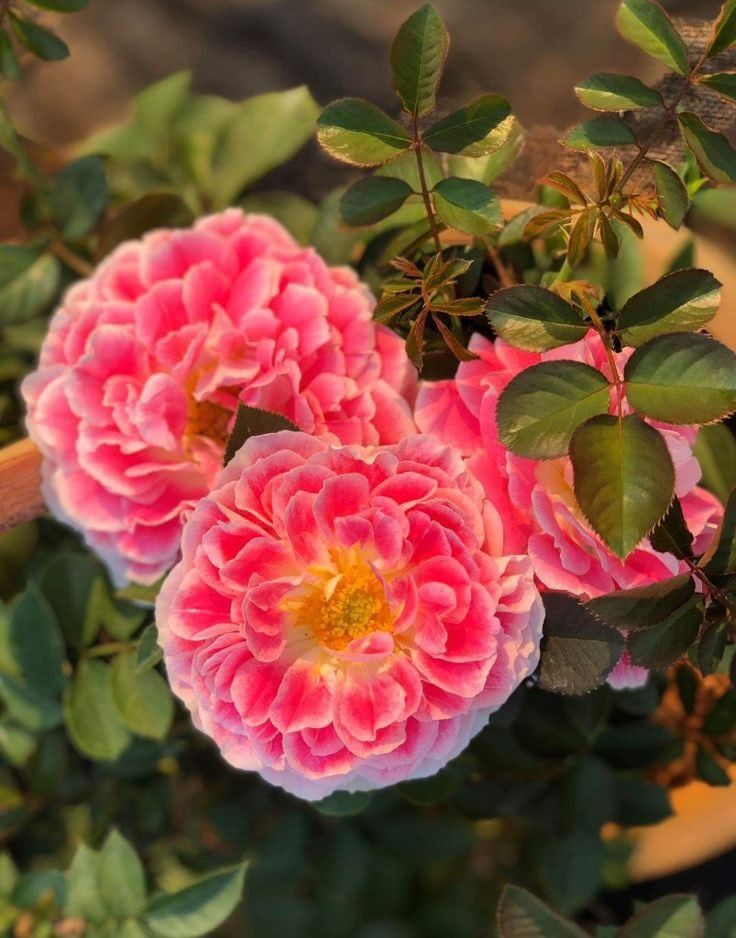
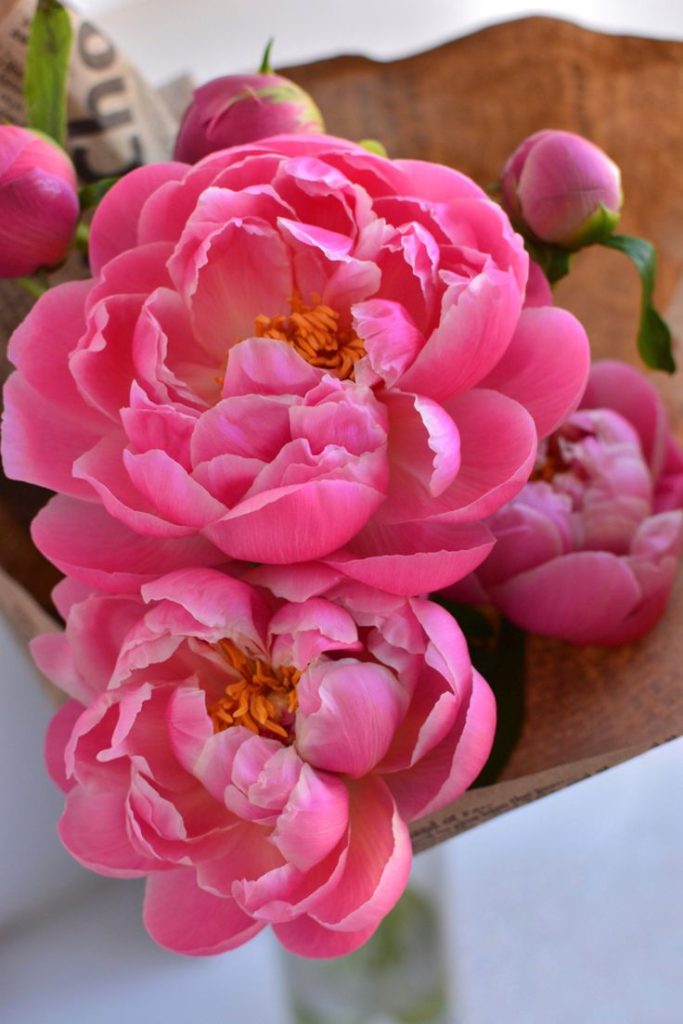
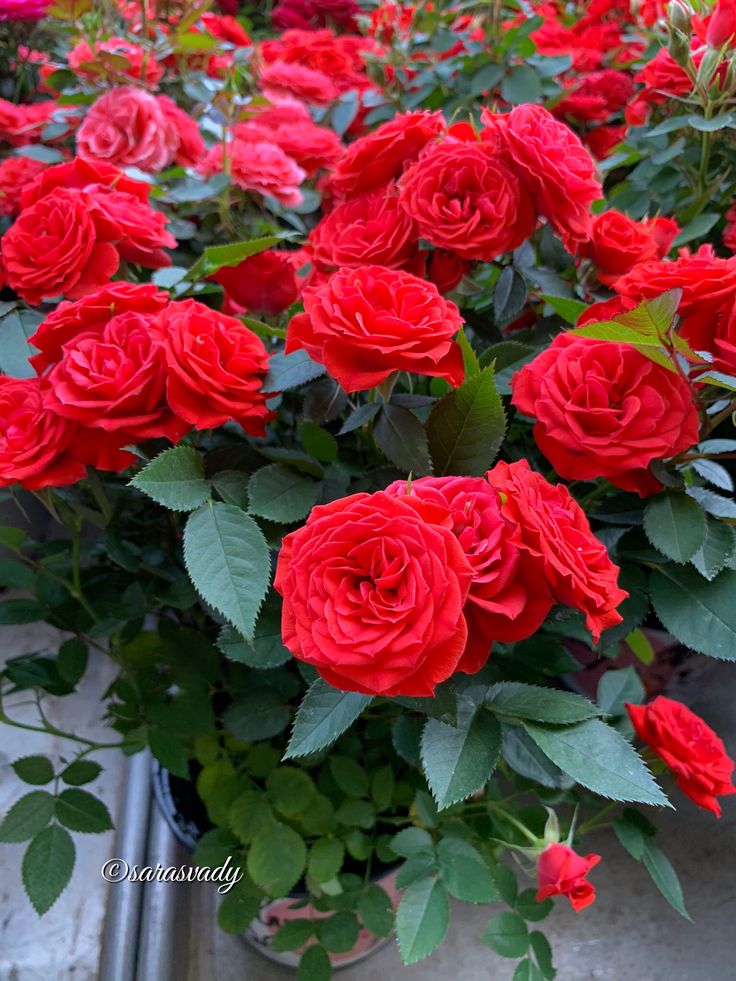
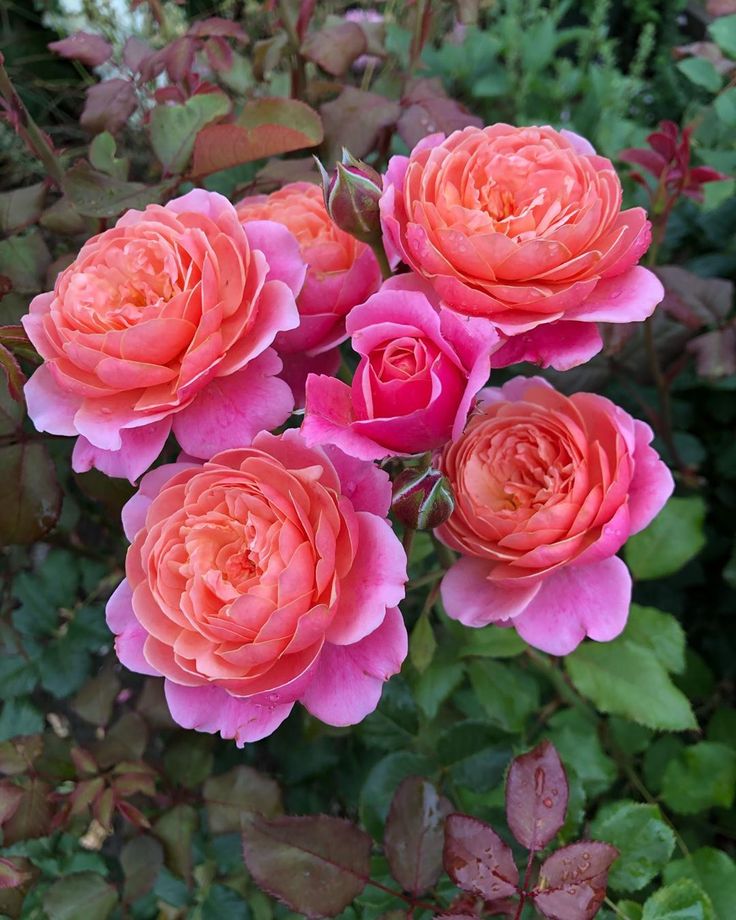
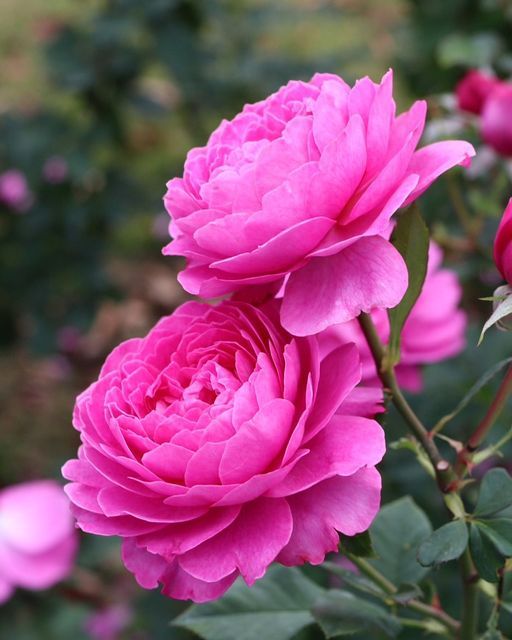
Understanding Beneficial Insects
- The Importance of Beneficial Insects: Beneficial insects, such as ladybugs, lacewings, hoverflies, and predatory beetles, are natural allies in the fight against garden pests. These insects help control populations of aphids, caterpillars, and other pests by feeding on them or laying eggs that hatch into larvae that prey on pest species.
- Pollination Services: Many beneficial insects, including bees, butterflies, and hoverflies, are also important pollinators that help ensure the reproduction of flowering plants. By attracting these pollinators to your garden, you can increase fruit and vegetable yields and promote the health and diversity of flowering plants.
Designing a Beneficial Insect-Friendly Flower Garden
- Plant Diversity: Choose a diverse selection of flowering plants that provide nectar, pollen, and shelter for beneficial insects throughout the growing season. Select plants with different bloom times, colors, shapes, and sizes to attract a variety of insect species and provide a continuous supply of food and habitat.
- Native Plants: Incorporate native flowering plants into your garden design, as they are best adapted to local climate and soil conditions and provide valuable resources for native beneficial insects. Native plants also tend to attract a greater diversity of insect species than non-native plants.
- Companion Planting: Use companion planting techniques to create plant combinations that attract beneficial insects and repel pests. For example, planting aromatic herbs such as dill, fennel, and cilantro alongside flowering plants can attract predatory insects while deterring pests such as aphids and cabbage worms.
Garden Features for Beneficial Insects
- Water Sources: Provide access to clean water for beneficial insects by incorporating shallow dishes or saucers filled with water into your garden design. Be sure to keep water sources clean and refreshed regularly to prevent mosquito breeding.
- Shelter and Nesting Sites: Create sheltered areas in your garden by incorporating dense vegetation, such as shrubs, grasses, and ground covers, where beneficial insects can rest, hide from predators, and lay eggs. Leave some garden areas undisturbed to provide nesting sites for solitary bees and other beneficial insects.
Care and Maintenance
- Natural Pest Control: Avoid the use of synthetic pesticides, herbicides, and insecticides, as these can harm beneficial insects and disrupt the delicate balance of garden ecosystems. Instead, rely on natural pest control methods such as handpicking pests, releasing beneficial insects, and practicing integrated pest management (IPM) techniques.
- Seasonal Maintenance: Maintain your flower garden by deadheading spent blooms, removing weeds, and pruning plants as needed to promote healthy growth and flowering. Avoid excessive use of fertilizers, as this can promote lush foliage at the expense of flower production and may deter beneficial insects.
Conclusion
Designing a flower garden to attract beneficial insects is a rewarding and environmentally friendly way to promote garden health and productivity. By providing a diverse array of flowering plants, water sources, and sheltered habitats, you can create an inviting and welcoming environment for beneficial insects to thrive and contribute to the overall health and beauty of your garden. Embrace the role of nature’s allies in your garden ecosystem and let your garden bloom with vibrant colors, buzzing bees, and fluttering butterflies. With your thoughtful care and dedication, your flower garden will become a sanctuary for beneficial insects and a haven of natural beauty for generations to come.